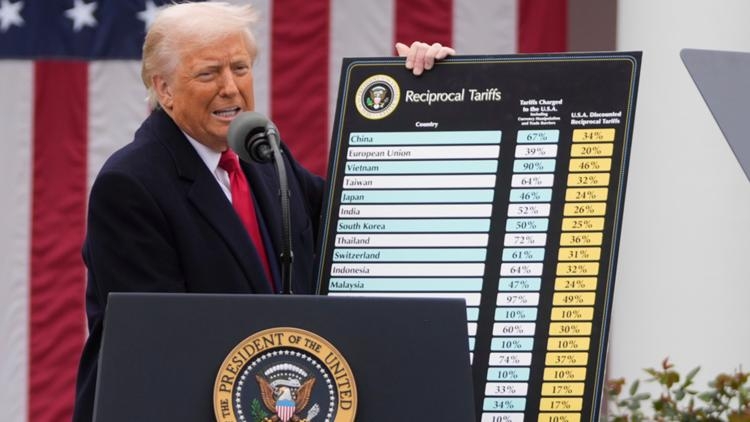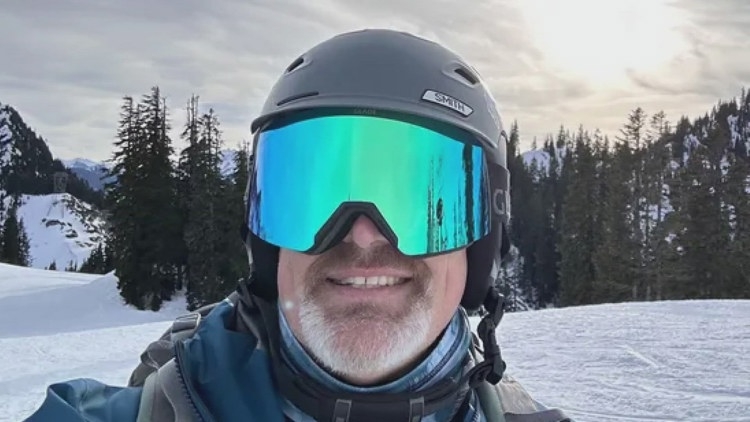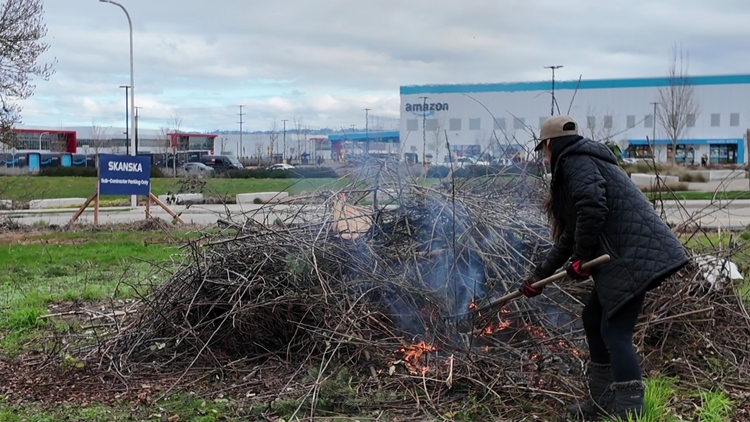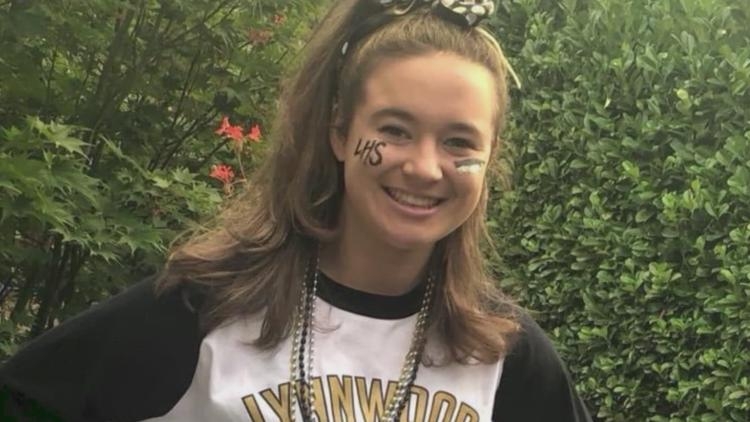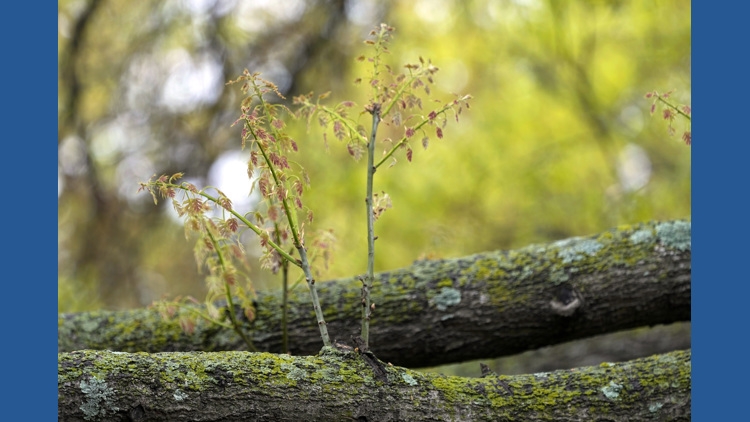Local News & Alerts
Oregon Attorney General Dan Rayfield and attorneys general from two dozen states are chall...
More
A coalition of Democratic attorneys general from over two dozen states has filed a lawsuit...
More
SEVILLE Spain A feud is widening between the United States and NATO ally Spain after the ...
More
A woman used Find My iPhone to help search crews find her husband after he was swept up in...
More
SB 1586 would have expanded Hillsboros urban growth boundary and rezoned existing agricult...
More
DEAR MISS MANNERS One of my novels received a prestigious award Upon learning this from a ...
More
The inclusion of two nations athletes has forced countries to condemn the event altogether
More
Makena Simonsen received a diploma she says she didnt earn It cost her family dearly
More
The fast food chain is expanding its menu with a Jalapeo Ranch Club Chicken Sandwich and f...
More
A new organization launched to fight public corruption is suing President Trump and his at...
More
On Tuesday evening February 17th members of the Southtowne Clubs Service Network Satellite...
More
Sutherlin Rotary Early Morning Energy Massive Impact District Governor Chris Waugh visite...
More
Warming temperatures are intensifying allergy seasons
More
3426 - LCSO Case 26-0939 Lane County Sheriffs deputies arrest several in Florence search...
More
Do you have a story to tell Join us at three FREE events for writers this month Writers...
More
Defining superstar of the ’90s and 2000s arrested and released in California, sheriff’s records show
Britney Spears was arrested Wednesday night in Southern California and booked early the fo...
More
In the past week The OregonianOregonLive featured some of the best 5A guards in Oregon hig...
More
The No 7 Oklahoma Sooners meet the Florida Gators today in SEC tournament action Oklahoma ...
More




